The Evolution of Casino Security: How AI Is Changing the Game
Exploring the Intricacies of Failed Heists and Security in a Digital Age
Last Tuesday night at Valley Forge Casino unveiled a scene plucked straight from a film-noir screenplay, but with a twist fitting of a slapstick. Two masked gunmen attempted what can only be described as the Worst Casino Heist Ever. Their plan, if one could call it that, saw them walk away with merely $120 from an employee tip jar – a far cry from the potential millions suspected to be on the premises. As a seasoned professional in both the security and artificial intelligence fields, incidents like these prompt a deeper dive into the evolution of security measures and the emerging role of AI in thwarting such attempts.
Understanding the Daring Attempt
The duo targeted the FanDuel sports-book section, possibly banking on a simple division of the year’s revenue to estimate their jackpot. The logic, flawed from inception, failed to account for the highly digital and secure nature of modern casinos. The casino’s layout, equipped with exhaustive surveillance and security protocols, quickly nullified the gunmen’s efforts, leaving patrons and employees unscathed and the culprits with a paltry sum.
<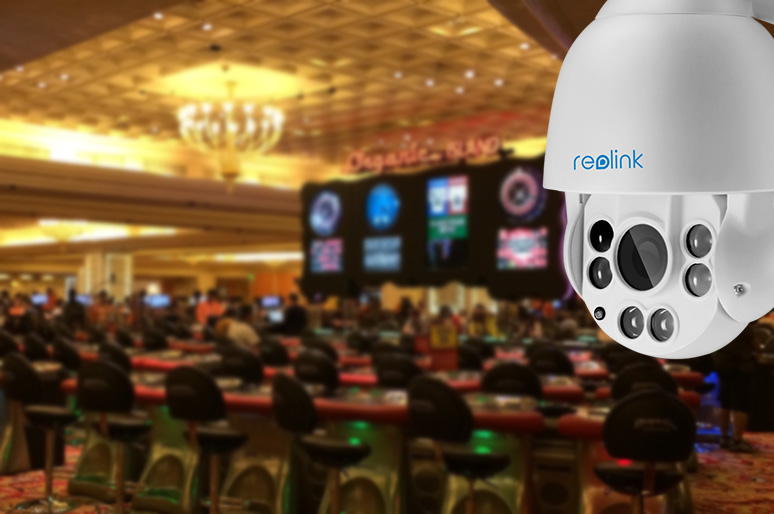 >
>
The Role of AI and Machine Learning in Security
In the wake of such events, the conversation often pivots to preventive measures. In my experience with AI and machine learning, the capacity for these technologies to revolutionize security is vast. From facial recognition algorithms that can instantaneously identify known threats to predictive analysis that can pinpoint vulnerabilities in real-time, the integration of artificial intelligence into security systems is not just innovative; it’s imperative.
<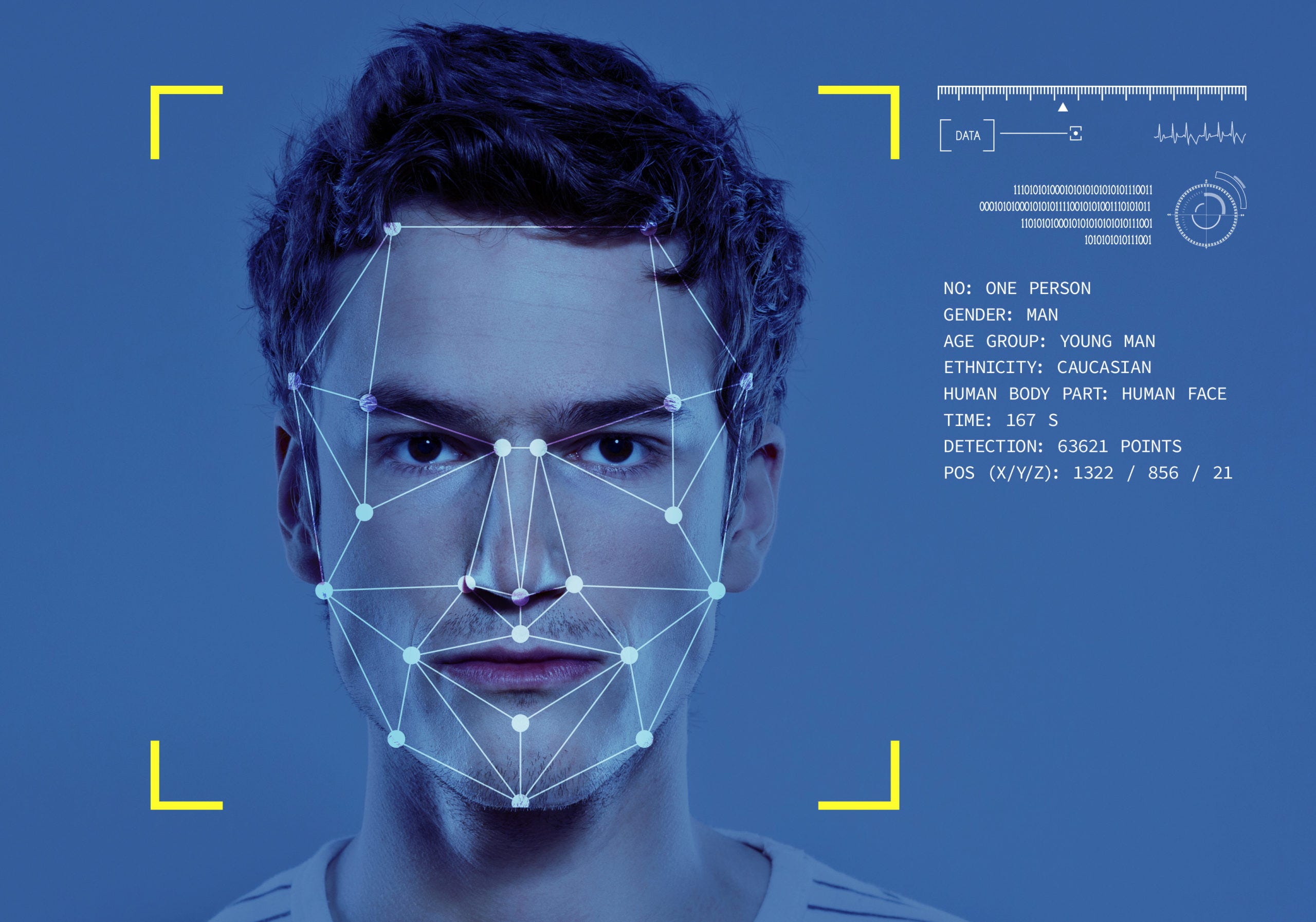 >
>
Indeed, as an aficionado of both technology and automotive history, I draw parallels between the evolution of car security and that of premises like casinos. Just as cars transitioned from simple locks to sophisticated alarm systems and immobilizers, casinos have moved from mere cameras to AI-driven surveillance that can think and act pre-emptively.
Quantum Computing: The Next Frontier in Security
Looking ahead, the potential introduction of quantum computing into the security sector could provide an impervious shield against not just physical threats but cyber ones as well. Quantum encryption, for instance, promises a level of data security that is virtually unbreakable, a testament to the fact that as fast as criminals evolve, technology remains two steps ahead.
As detailed in my previous articles like The Future of Quantum Machine Learning and Mathematical Foundations of Large Language Models in AI, the intersection between theoretical math, AI, and real-world application spells a future where incidents like the Valley Forge Casino heist become relics of the past, foiled not by luck but by scientific certainty.
< >
>
Final Thoughts
While the blundering attempt by the gunmen at Valley Forge Casino might evoke a chuckle or two, it serves as a pertinent reminder of the continuous need for advancement in security measures. The integration of artificial intelligence and machine learning into our security apparatus is not just a novelty; it’s a necessity. In the arms race between criminals and protectors, technology is our most potent weapon. And as we edge closer to the quantum era, one can’t help but feel a sense of optimism for a safer future.
<
>
In conclusion, while the methods criminals employ may grow increasingly sophisticated, the relentless march of technology ensures that safety and security will always be a step ahead. The case of the Valley Forge Casino heist serves as a stark reminder of the gap between ambition and reality for criminals, and the burgeoning role of AI and machine learning in bridging this gap for security professionals.
Focus Keyphrase: AI in security
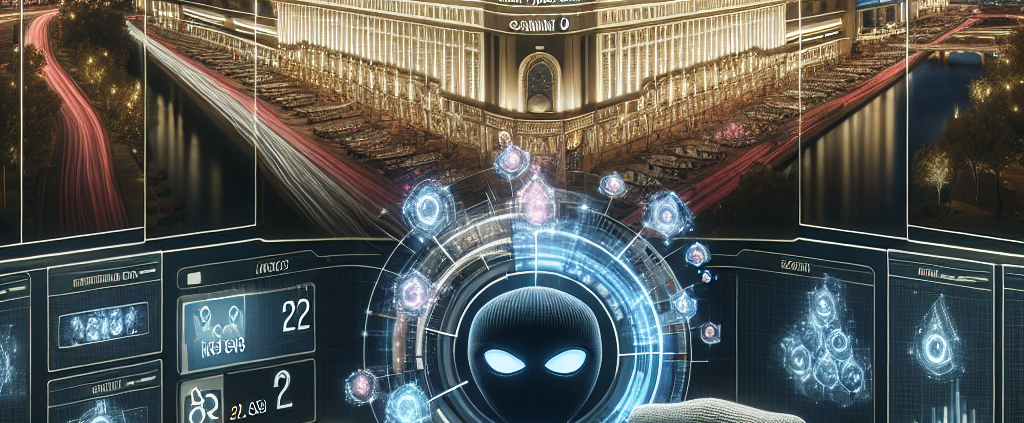
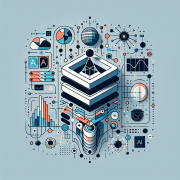


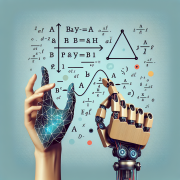
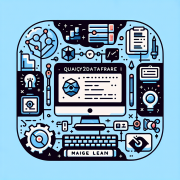
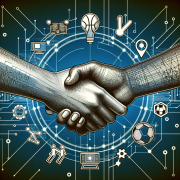


While the advancements in AI for security are undeniable, I can’t help but wonder about the broader implications for privacy and civil liberties. As a network engineer, I see firsthand how quickly technology outpaces ethical considerations. Your article certainly showcases the benefits in preventing crime, but it’d be interesting to delve into the ethical side of AI in security too.
As someone deeply immersed in the security and AI industries, I felt compelled to share insights into how these fields are evolving together, especially in the context of preventing criminal activities. The failed heist at Valley Forge Casino underscores the urgency for innovative security solutions, making it a perfect example to illustrate the transformative impact of AI on security.